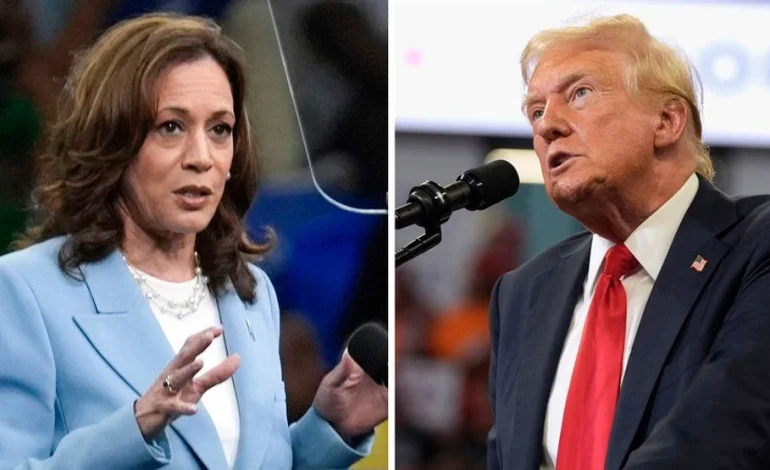In the run-up to the November 5 election, a new Reuters/Ipsos poll shows that Vice President Kamala Harris has a narrow lead over former President Donald Trump, with 45% of registered voters backing Harris and 41% supporting Trump.
Harris’ 4-point advantage is up from a 1-point lead she held in late July, indicating a shift in voter dynamics as the race heats up.
Despite current poll results favoring Harris, the survey demonstrates Trump’s tenacity, particularly among key voter demographics. Trump remains popular among white voters and men, retaining his core base of support. Furthermore, Trump is doing well among voters without a college degree, though his lead has shrunk from 14 points in July to 7 points in the most recent poll.
The polling results also show significant regional differences, which will be critical in determining the election outcome. In the seven states with the closest 2020 elections—Wisconsin, Pennsylvania, Georgia, Arizona, North Carolina, Michigan, and Nevada—Trump has a narrow 45% to 43% lead over Harris among registered voters. These battleground states are likely to be decisive, and Trump’s lead in them demonstrates his ongoing competitiveness on the electoral college map.
Matt Wolking, a Republican strategist who worked on Trump’s 2020 campaign, emphasized the importance of Trump maintaining focus in the coming months.
“It’s obvious that running against Harris is more challenging for Trump given the shift in these numbers, but it’s certainly not insurmountable,” says Wolking.
He added that Trump must make sure his campaign appeals to undecided voters who are still skeptical of Harris.
While Harris has made gains, particularly among women and Hispanic voters, Trump’s support for critical issues remains strong. According to the poll, Trump leads Harris on the economy, with 45% of voters supporting his approach versus 36% for Harris. This economic confidence could be a deciding factor when voters go to the polls.
Furthermore, despite Harris’ increased popularity among Democratic voters, Trump’s base remains extremely motivated. According to the poll, 64% of Trump voters back him out of genuine support rather than simply opposing Harris, indicating a strong foundation of voter loyalty.
As the campaign progresses, Trump is likely to rely on his key strengths—economic management and immigration policy—to gain support and maintain his position in battleground states. While Harris has a significant lead in the national polls, state-by-state dynamics and the electoral college structure indicate that Trump remains a formidable contender in the 2024 presidential race.








